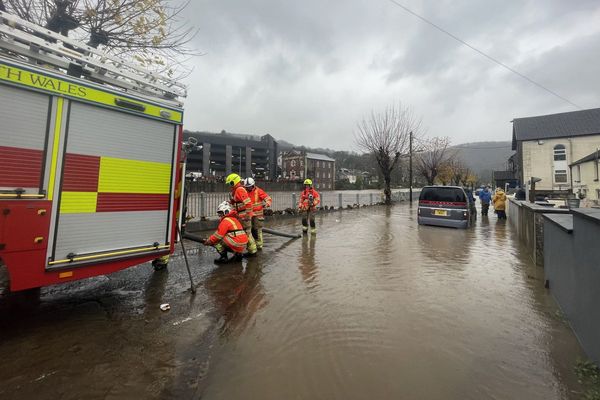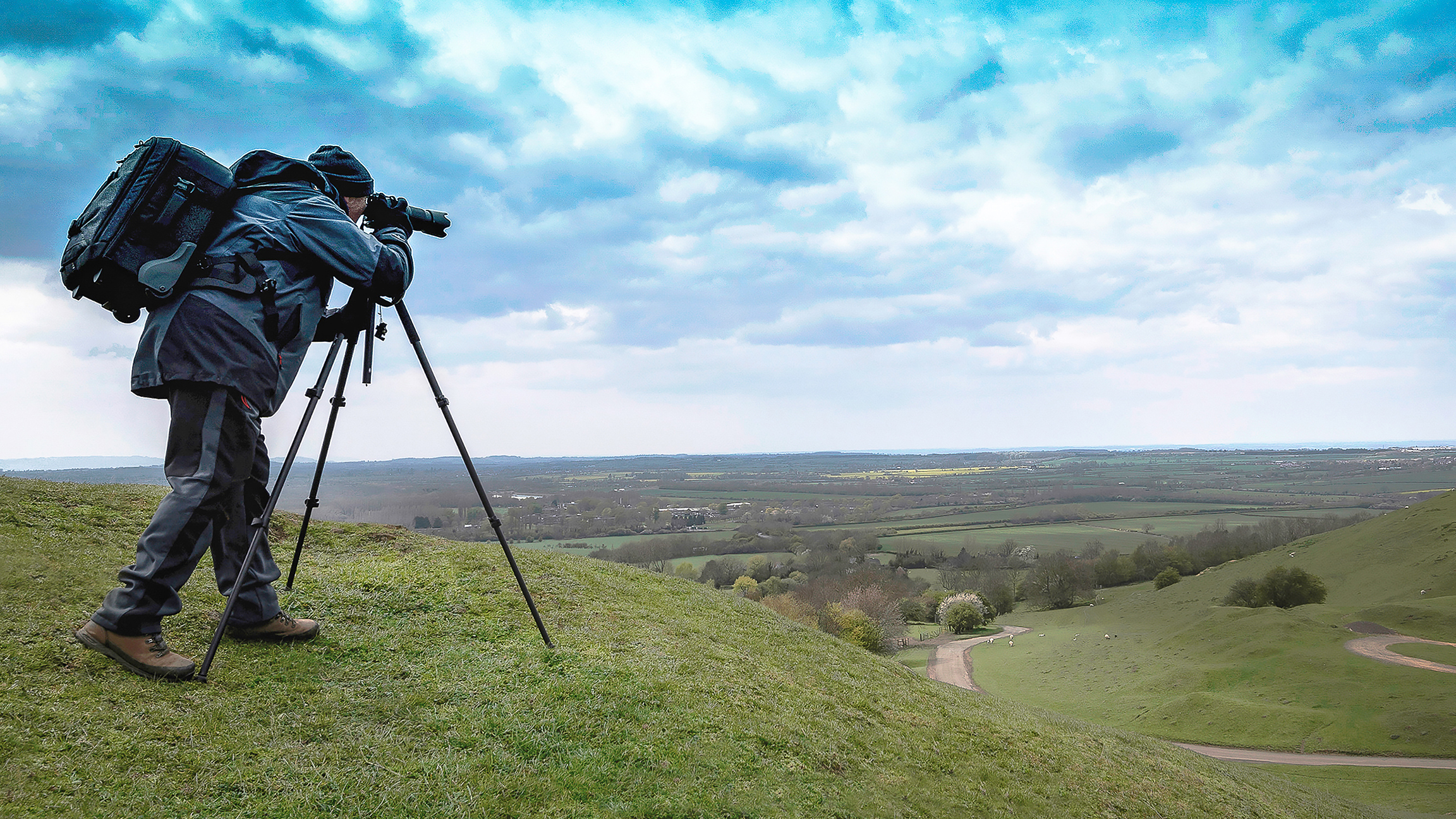
After several years of preparation, I started leading independent photography workshops in 2018 and have since conducted over 20 courses, spanning the landscape and wildlife genres, both in the UK and overseas. Sharing my passion for photography while guiding others in honing their skills is a rewarding experience. Encouraging aspiring photographers through independent workshops, promoting creativity, skills advancement and personalized learning experiences has proven to be a gratifying mix of both personal and professional growth.
However, leading a photography workshop is never easy. Successful workshops demand thorough preparation and this venture was only possible through years of hard work and self-teaching, giving me the confidence to cater to enthusiasts of varying abilities.
Begin by defining your niche, whether it’s landscape, wildlife, portrait photography or another specialized area. Clarify your workshop goals by setting achievable objectives that participants can accomplish, such as mastering different techniques or refining post-processing skills. These goals will serve as a measure of success, while also guiding your teaching methods and structure and will help you approach the organizing of a workshop realistically.
You need to be aware of the key challenges inherent in organizing and ensuring the safety of a diverse group of photography enthusiasts. Safety is paramount and, as the workshop leader, you bear the responsibility for the well-being of the participants. You will need to carry out risk assessments, especially for outdoor shoots. Despite these obstacles, the reward of empowering others in their photographic journey makes all the effort worthwhile.
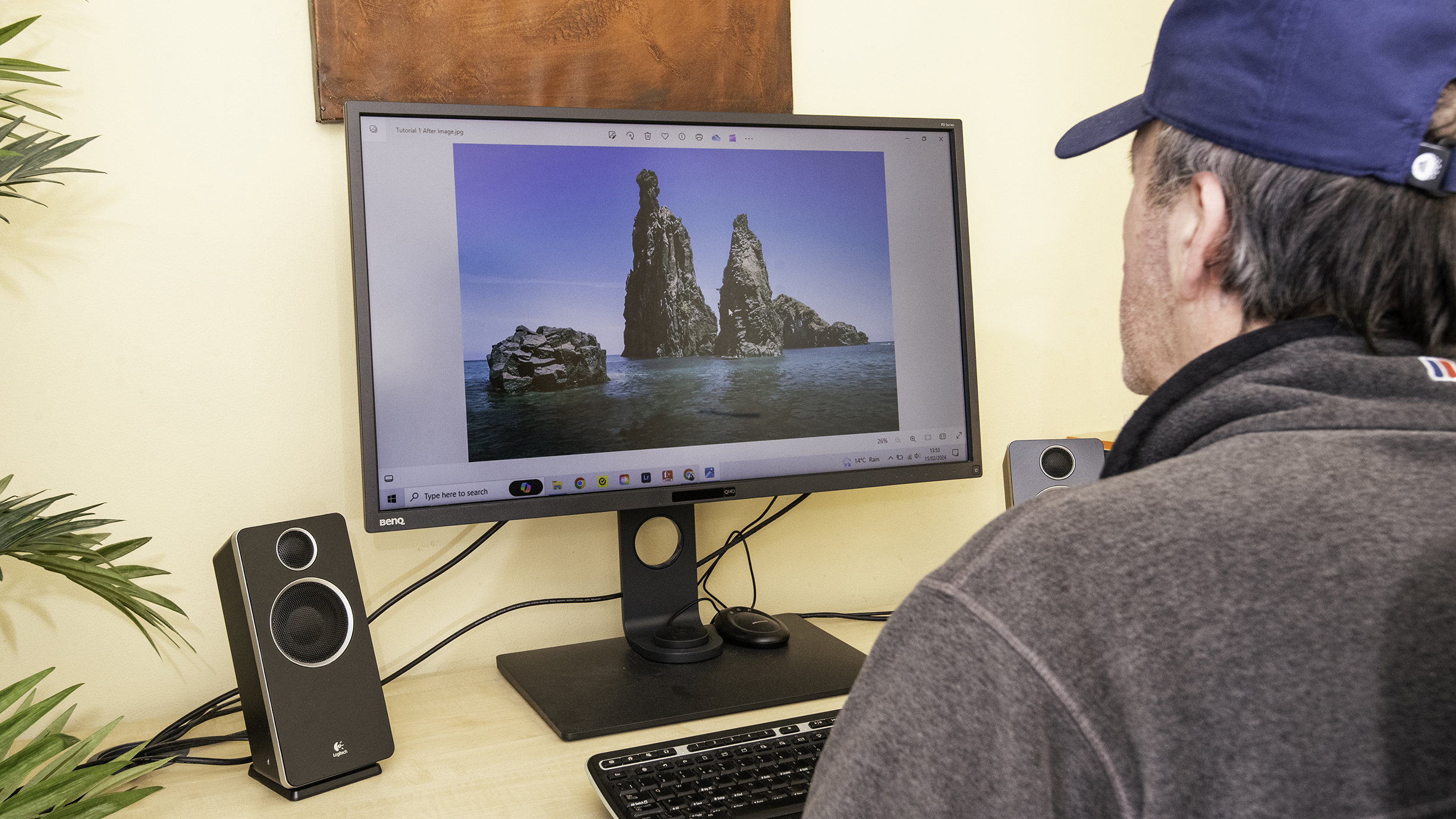
Assessing the pros and cons
Hosting a photography workshop offers numerous advantages but also plenty of challenges and balancing these pros and cons is essential to ensure a rewarding and successful photography workshop.
On the positive side, workshops provide a platform to share your expertise with a community of like-minded enthusiasts. The exchange of ideas and techniques can be mutually enriching for all concerned. Workshops also offer financial benefits, generating income through participant fees, and hosting workshops can also enhance your professional reputation within the photography community.
However, there are plenty of challenges too. Organizing workshops requires meticulous planning and places demands on your time while you are managing all the other logistics. Meeting expectations can be daunting and there may be some unforeseen disruption to the itinerary. Gathering feedback after the event will help you to refine future workshops and enhance their overall quality and impact.
Mastering your equipment
Mastering photography requires an intimate knowledge of all your equipment, so you will need to familiarise yourself with the various brands of camera bodies and lenses to ensure that you have a comprehensive understanding of them and can teach effectively. Always bear in mind that you might need to provide individual guidance to participants with their own camera models.
You should invest wisely in equipment, securing the necessary tools for both instructional sessions and practical demonstrations. This may encompass cameras, tripods, lighting equipment and computers essential for post-processing sessions.
A thorough understanding of your gear will enhance your ability to convey concepts to participants and enable seamless execution of hands-on activities. By prioritising equipment knowledge, you can elevate the overall quality of your photography workshops, providing participants with valuable insights and practical skills for their own individual photographic journeys.
Planning a photography workshop
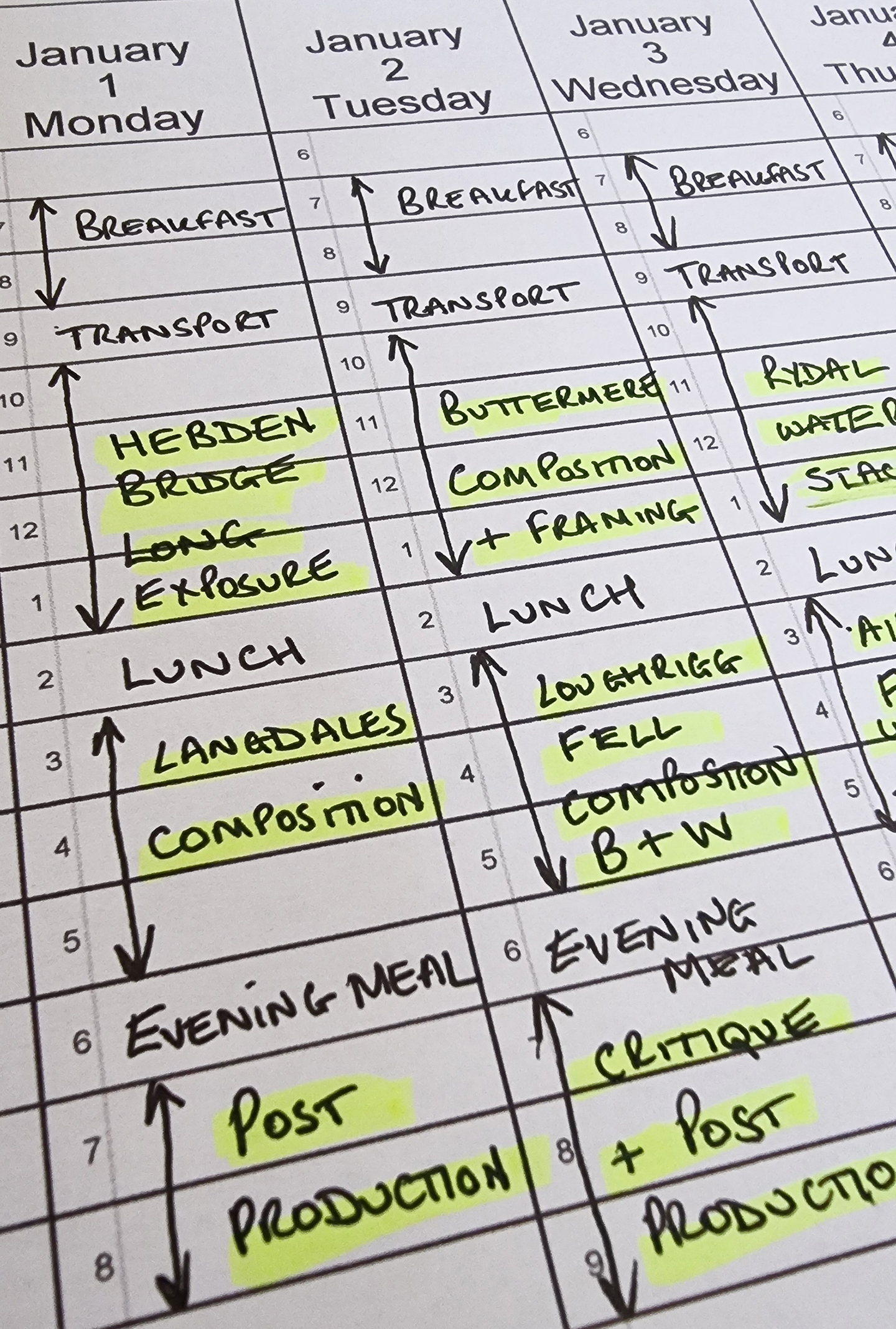
Planning a photography workshop demands meticulous consideration of key elements. Crafting a comprehensive itinerary is essential; details each session’s focal points to guide participants seamlessly through the workshop. Always aim to offer workshops for smaller groups, ideally four to six individuals. This enables more personalized instruction and a more conducive learning environment where you can address people’s queries.
Selecting an appropriate venue is crucial; ensure that it accommodates both theoretical and practical aspects of photography. Assess the facilities at the venue, from classrooms to outdoor spaces for hands-on shooting. Additionally, timing is paramount, especially for outdoor shoots. Evaluate the best season or weather conditions that align with your workshop’s objectives.
By thoughtfully addressing these factors, including the itinerary, group size, venue and timing, you will be able to lay the foundations for a successful and more enriching photography workshop.
Preparing for your workshop

There are several crucial steps towards ensuring a seamless experience. Streamline the process by setting up online registration and payment options to enhance accessibility. Prioritise insurance, securing valid coverage in case of unforeseen circumstances, such as injury or damage to people’s equipment.
Weather conditions play a pivotal role, so you need to research seasonal forecasts at the workshop location. You can address the transport requirements of your group by hiring a suitable vehicle that is capable of accommodating the participants, their luggage and photography gear. Evaluate the fitness levels of the group. Consider the workshop’s terrain and the potential physical exertion required to reach your locations.
Apart from that, promotion is key to the business so use your social media channels, your website and photography forums to attract participants. And lastly, plan for practicalities, such as tea stops, cafes, shops and toilet facilities. By preparing meticulously, you will lay the groundwork for a well-executed and enjoyable workshop.
Provide excellent customer service
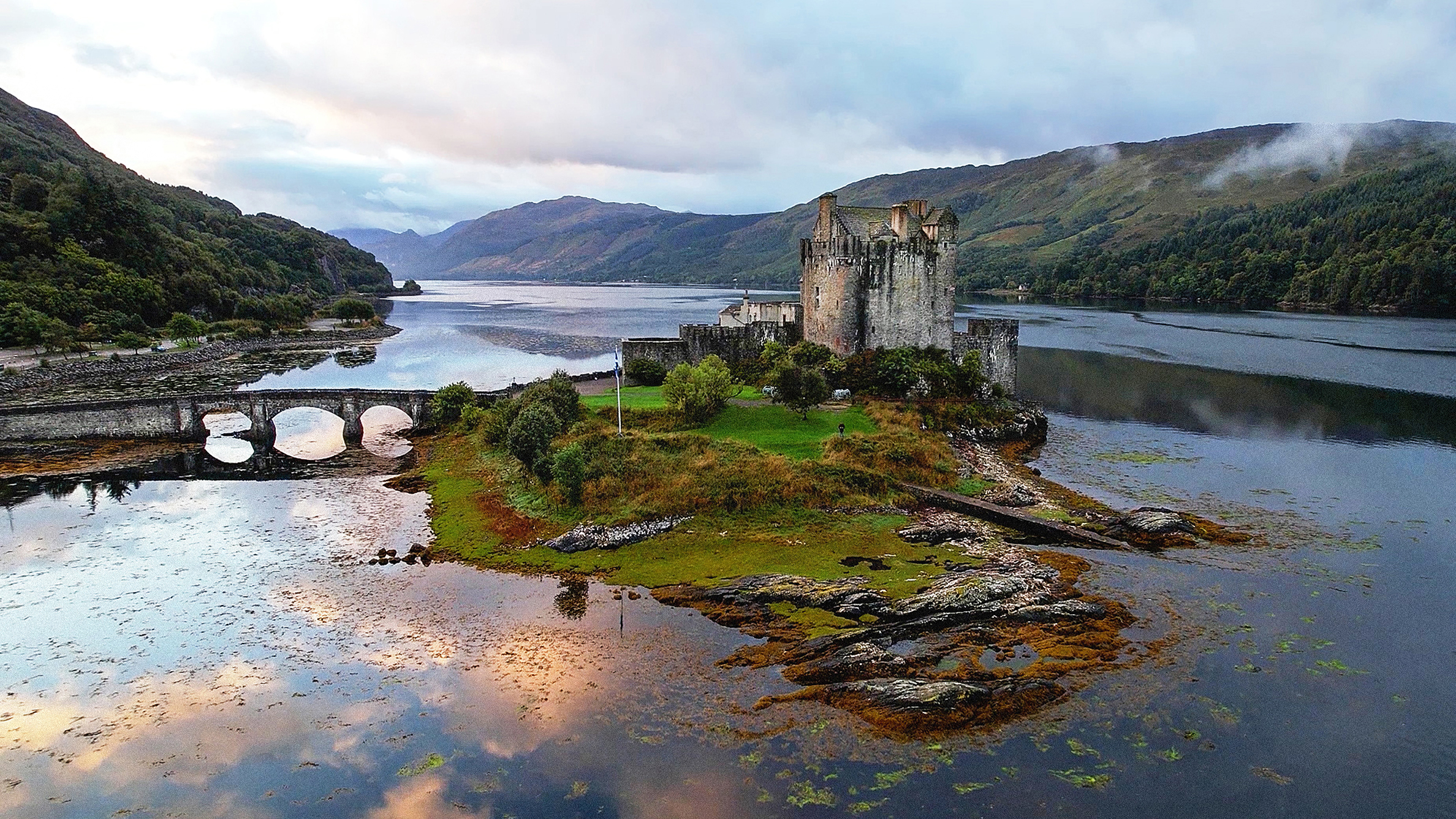
Achieving the best possible customer service for your photography workshop involves meticulous planning and attention to detail. Prioritise accommodation and meals by searching for the best prices and availability, ensuring top-notch service. Of course, booking these ahead of time and as early as possible is crucial so you can secure quality options.
Competitive pricing is essential. Set your workshop fees in line with industry standards. Research the flights and airport transfers, designating the outgoing airport as the meeting point for convenience. Consider opting for smaller groups to enhance the quality of instruction and personalized attention, this way you will be able to engage participants in all questions, discussions, and hands-on photographic activities. After the shooting sessions, offer post-production guidance to elevate the participants’ final images and their ongoing improvement.
It’s a competitive marketplace, so providing exceptional customer experience will make your workshop stand out from the rest.
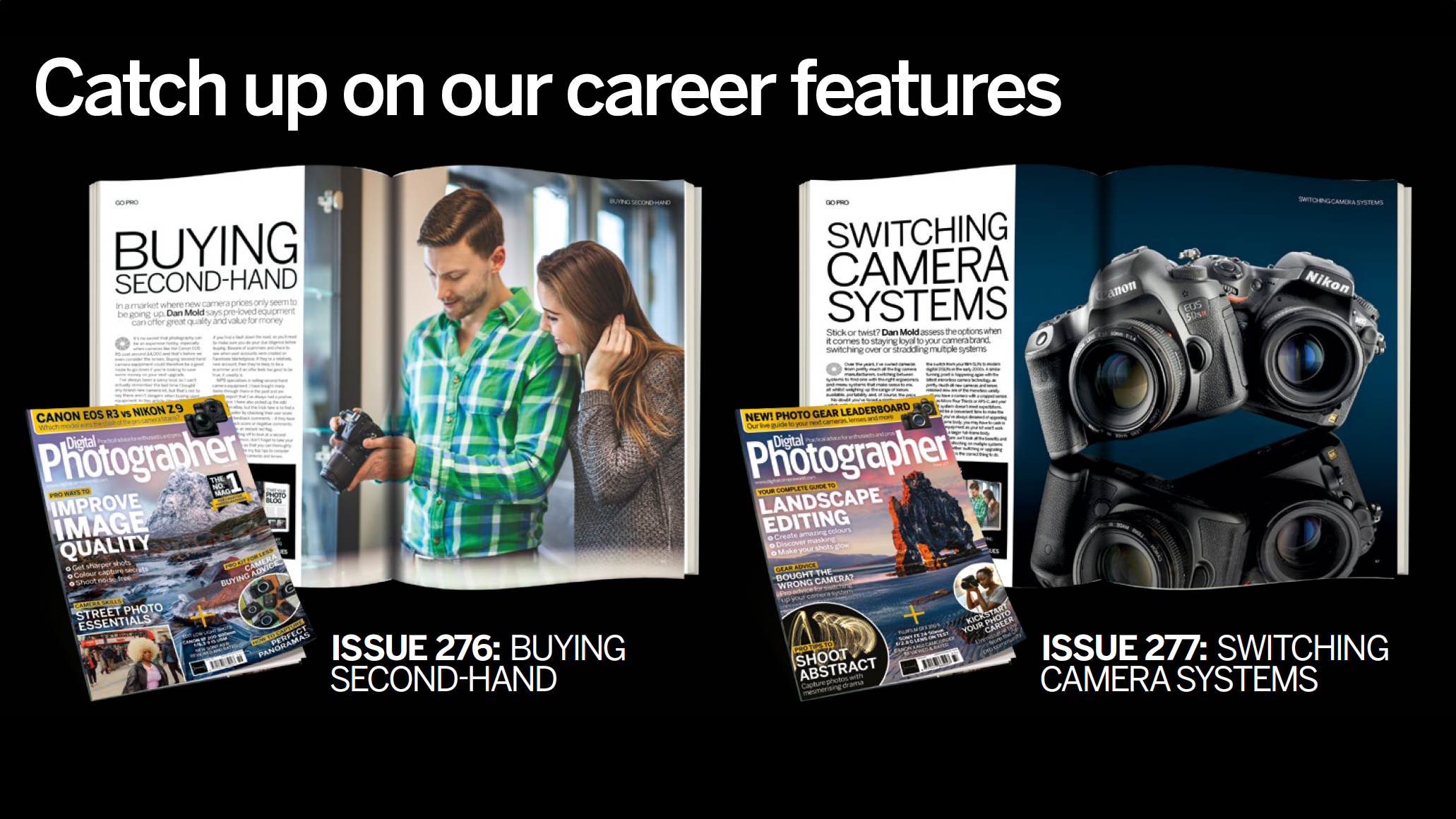
Digital Photographer magazine has regular features on professional photography and navigating the business side. Get your back issues here.
If you're going to shoot professionally, you might be interested in the best professional cameras – along with the best cameras for wedding photography and the best cameras for portraits.
